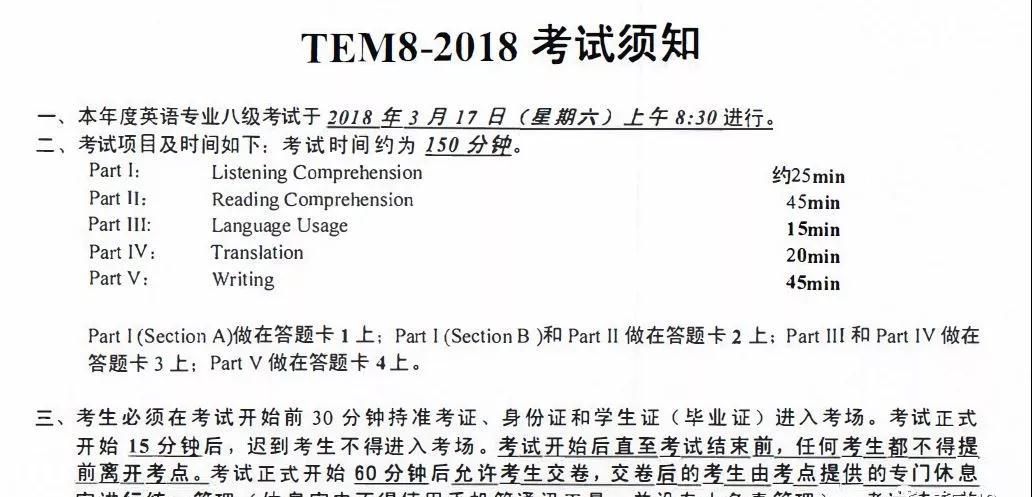|
53.
An editorial in a weekly news magazine warns that we must quickly increase funding for education in order to remain economically competitive in the world marketplace. The line of reasoning is that the nation will soon face a shortage of engineers because engineers have come from universities, and that our university-age population is shrinking. Moreover, decreasing enrollments in high schools clearly show that this drop in university-age students will continue throughout thedecade. The author's argument is not convincing because it is based on several questionable assumptions.
First, the author assumes that because our university-age population is shrinking, university enrollments will likewise shrink. But even if the number of university-age students is dropping, it is possible that a greater proportion of those students will enter universities. If this percentage were sufficiently large, university enrollments could remain relatively stable. Moreover, even if overall university enrollments did drop, we must further assume that the number of engineering students would likewise drop. However, decreases in overall enrollments do no necessarily result in proportional enrollment decreases in each field of study. If demand for engineers were high, then a larger percentage of university students might study to become engineers, in which case engineering enrollments could increase or remain constant, while those in other major fields of study would drop disproportionately.
An additional assumption is that economic success in the world marketplace depends on the number of engineers produced by our universities. This assumption is simplistic. Professionals in other fields—such as agriculture, banking, and business—may contribute equally to our global success. The author does not explain why the predicted shortage of engineers is more critical than shortages in other fields that might result from shrinking university enrollments. Nor does the author demonstrate that providing more funds for education will correct the predicted shortage of engineers. Even if all of the previous assumptions are accepted, no connection between increased funding and the desired enrollment increase has been established.
In conclusion, the author has failed to make a convincing case for increased funding for education. Before we accept the conclusion, the author must provide evidence that we face a critical shortage of engineers, and that increased funding will have direct bearing on correcting this shortage. As it stands, both these claims rest on unwarranted assumptions. 54.
In this editorial the author argues for the imposition of strict pricing regulations in order to prevent citrus growers from continued inflation of prices of citrus fruit. The need for such regulation is supported by the author's contention that citrus growers have been unnecessarily raising prices of citrus fruit in the past. The evidence for this allegation is the fact that theprice of lemons has increased from 15 cents per pound to over a dollar per pound during the preceding 11-year period, even though weather conditions have been favorable to citrus production in all but one of those years. This argument is flawed in two important respects.
First and foremost, the author assumes that the only factor that influences the price of citrus fruit is the weather. Other factors—such as monetary inflation, increased distribution and labor costs, or alterations in supply and demand conditions—are ignored as possible sources for the increase. The charge that citrus growers have unnecessarily raised prices can be sustained only if these and other possible factors can be completely ruled out as contributing to the price increases. Since the author fails to address these factors, the recommendation calling for strict pricing regulations can be dismissed out-of-hand as frivolous.
Second, the author assumes that the only way to combat increased prices is through government intervention. In a free-enterprise system many other means of affecting the pricing of goods are available. For example, boycotting a product and thereby influencing supply and demand conditions of the commodity is an effective means of influencing the price of the product. In a free market economy the government should consider regulating prices only when all other means to rectify the problem have been exhausted. In conclusion, the author's argument is unconvincing. To strengthen the argument the author would have to show that the only factor influencing the price increases is the growers' desire for increased profits.
| 







